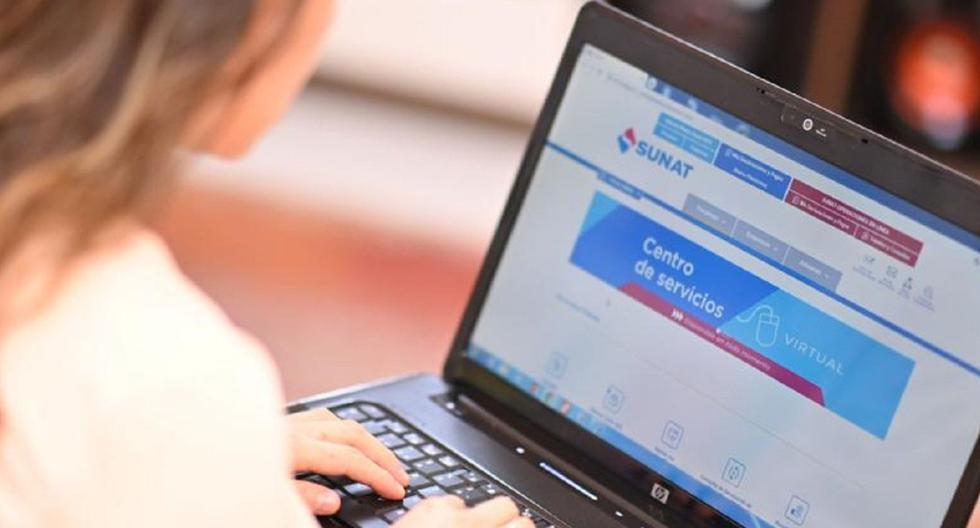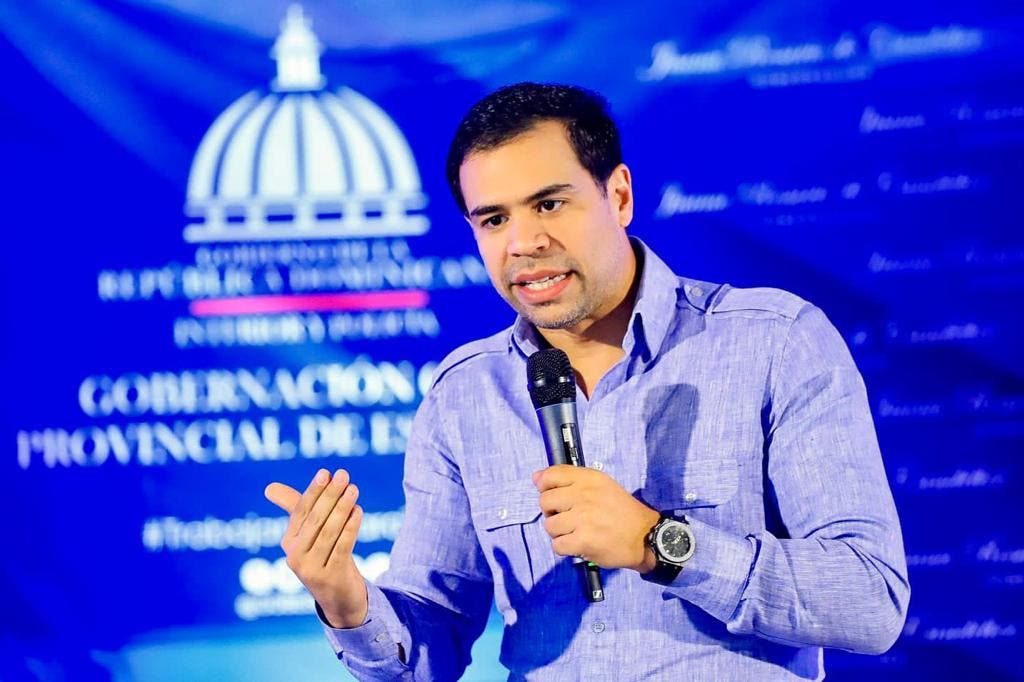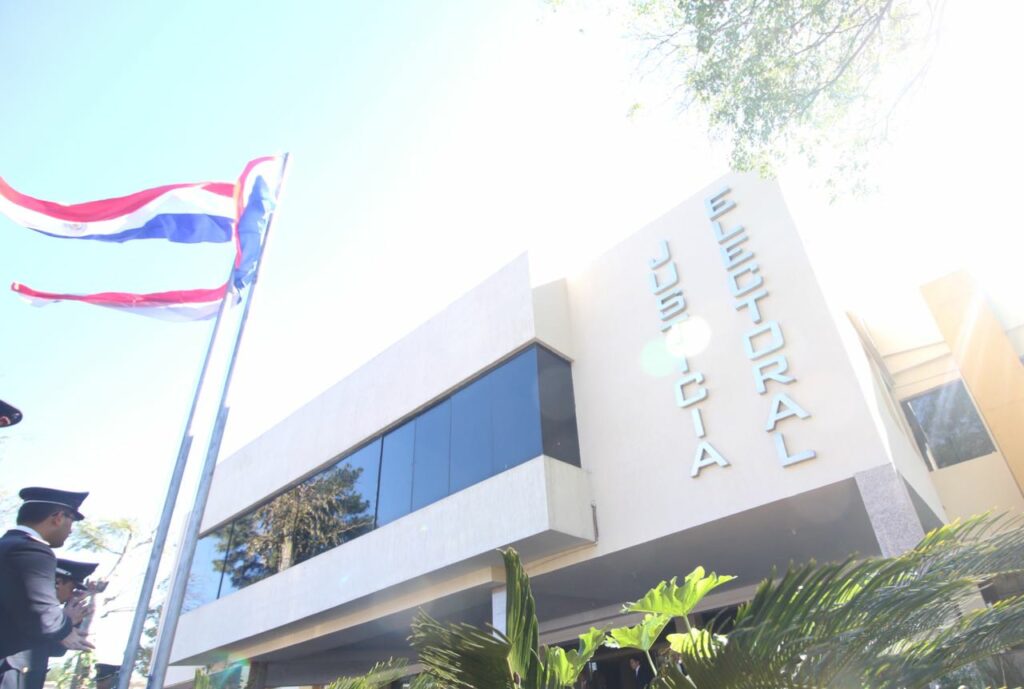The term for electronic issuers to send to the National Superintendence of Customs and Tax Administration (Sunat) the Electronic bill or the electronic note linked to it has been extended by this entity.
Through Superintendency Resolution No. 03-2023/SUNAT, published in the official newspaper El Peruano, Sunat established that electronic issuers have a maximum period of three calendar days from the day following the date of issuance to make said shipment.
“This extension of the term will be mandatory for taxpayers who are issuing their receipts through the SEE-taxpayer, SEE-Billing SUNAT and the SEE-OSE”, specified the collecting entity.
Electronic documents that are not sent within the established deadlines will not have invoice quality no electronic noteeven when they had been delivered to the purchaser or user.
“The expansion seeks to optimize commercial operations and compliance with the obligations that depend on the issuance and delivery of the electronic payment voucher, as well as ensure that the taxpayers who issue them do so observing the conditions to consider them as valid,” he specified. the Sunat through a statement.
The resolution also states that the electronic issuer must send the Electronic Customs Document (DAE), the Public Sector (SP) electronic receipt and the electronic note on the date of issue stated in said documents or even up to a maximum period of seven calendar days, counted from the day after the issue date.
In the case of electronic purchase settlement, it will be on the date of issuance or until the following calendar day.
SUNAT ONLINE OPERATIONS
The Customs and Tax Administration recalls that, through the confirmation platform, located at SUNAT Online Operationswill make available to the issuer, purchaser of the good or user of the service, the invoices and receipts for fees issued to the credit within a maximum period of 2 calendar days, calculated from their issuance.
In this way, access to financing is streamlined through electronic invoicing and operating conditions are improved with the use of a negotiable invoice, for MYPEs and new ventures.


















